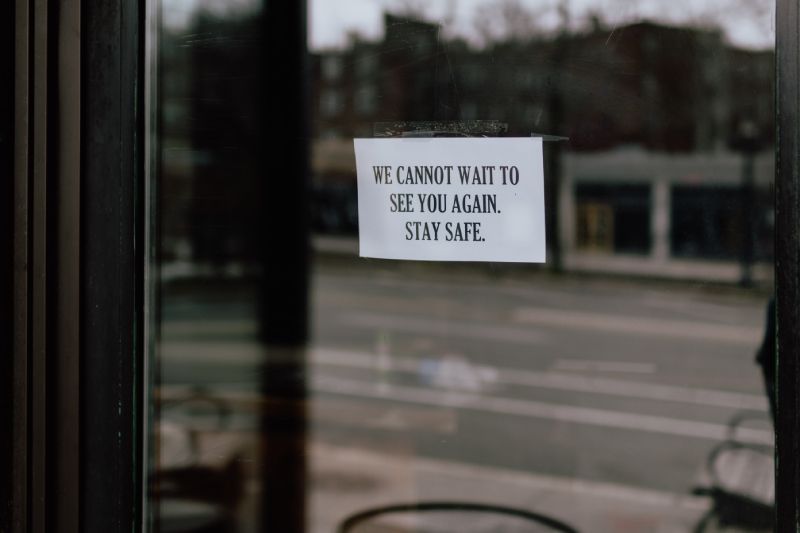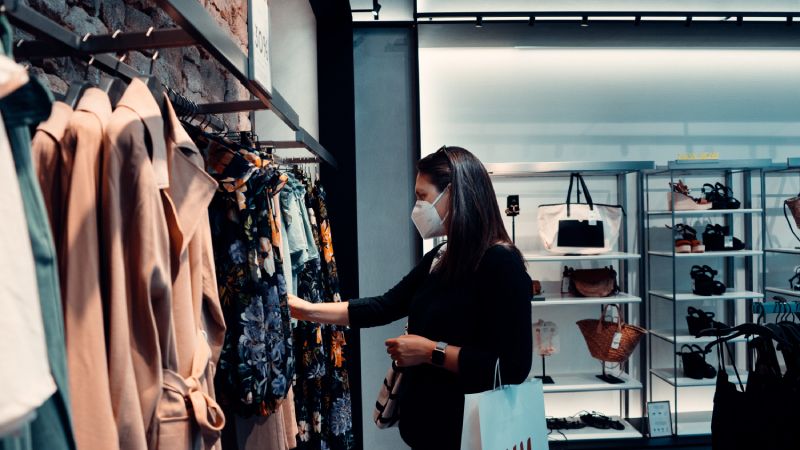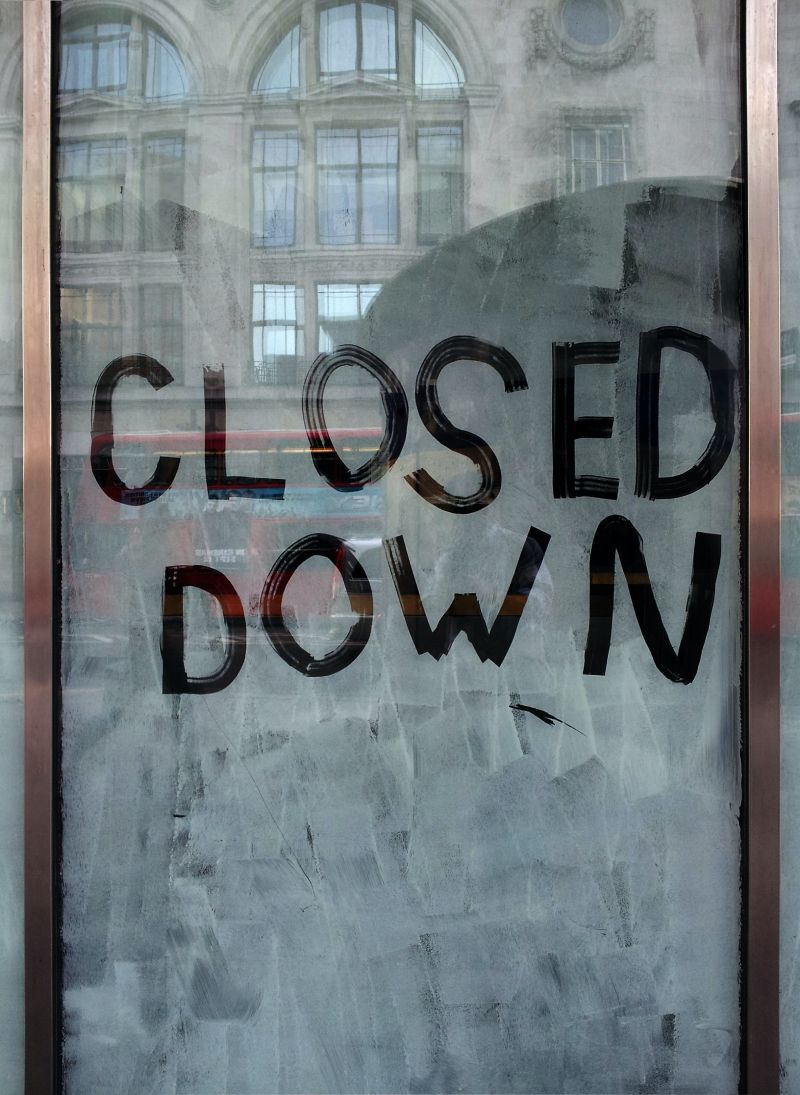Non-essential stores had to close their doors due to the COVID-19 in mid-March.
Many of them went out of business because of the debt accumulated before coronavirus.

Companies that relied on physical stores suffered a continuous loss since. However, many retailers found solutions in the rising popularity of online shopping.
These Department Stores Closed Permanently
Many retailers already announced they were permanently closing stores because of the coronavirus outbreak. Companies that decided to close are Bath & Body Works, J.C. Penney, Nordstrom, Pier 1, Victoria’s Secret, and Signet Jewelers.
Some of these retailers also announced liquidation sales due to the stores closing. J.C. Penney disclosed their final sale along with safety measures and advice for shopping in their physical stores.
Other retail stores did not close their stores permanently, but it is questionable how long they could keep themselves afloat if the coronavirus crisis continues. Zara announced closing more than 1,200 physical stores worldwide.
The crisis did affect popular Inditex brands (Zara, Bershka, Stradivarius, etc.). However, loyal customers continued to purchase Inditex brands via web pages and apps. Rise in online orders by 95% in April levelled company’s losses and redirected the company to become digitally-oriented in the future.

Continuation of a 2019 Crisis
It might seem that the viral collapse of non-essential retail stores is caused, for the most part, by COVID-19. However, retailers like J.C. Penney speculated uncertainty of their store’s future even before the coronavirus. Moreover, stores’ going out of business is a trend traceable to the year 2019 when a record-breaking 9,548 number of stores closed their doors forever.
Some think of COVID-19 as a new wave of a retail apocalypse that systematically causes stores to go out of business in the 2000s. As the retail market follows that curve in 2020, it is estimated that the number of permanently closed retail stores will increase by up to 25,000 because of the coronavirus.

Main Culprits for Store Closures
The COVID-19 crisis is momentarily the main reason for department stores going out of business, often permanently. Despite that, the retail apocalypse is an ongoing issue caused by bankruptcies, the rise of rent cost for mall-based retail stores, poor overall earnings with its peaks during holidays, change of consumer spending habits, etc.
Is the Future of Department Stores Online?
It is evident that the crisis has already reshaped the way we shop. With the surge of online shopping and its advantages, the retail store’s online presence became a condition for success in the modern digitally dominated world.
Amid COVID-crisis, retailer stores that had previously established online shops suffered significantly less than retailers limited exclusively to physical stores. Moreover, established online stores managed to get more traffic than ever and profit from the crisis.

The Death of the Mall?
Many department stores that went out of business rent mall spaces. Therefore, their losses can be linked to uncertainly of the mall’s future in general. Eerie photos of empty shopping malls circled the web since 2018, the year shopping malls in America started rapidly closing.
The following year recorded the sudden leap in the permanent closure of the department stores, and it was unfavourable for the economic growth of a mall as well. With that in mind, the COVID-19 crisis could be the final blow that will cause the death of malls and department stores in America.

Final Word
Stores’ going out of business is a trend that would inevitably happen in economies that are still recovering from the past crisis. The current crisis only highlights existing issues many retail stores who did not digitally adapt would have experienced otherwise.
What’s more, the coronavirus and digitalization of the world may not only lead to retail stores closing permanently in 2020 but redefine the way you shop to the point of no return.
